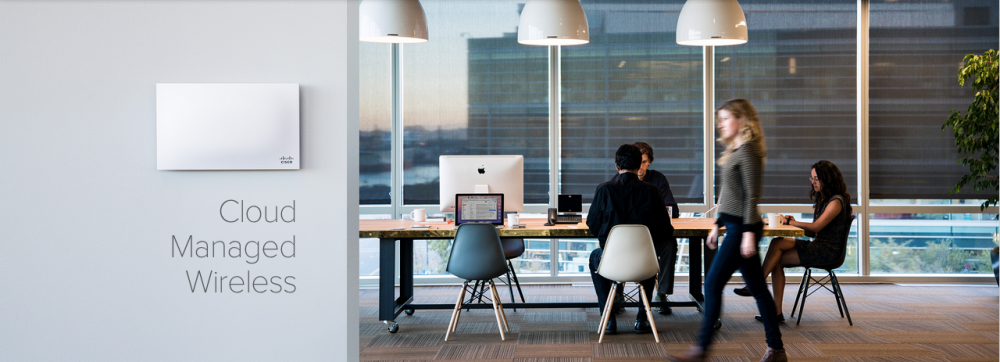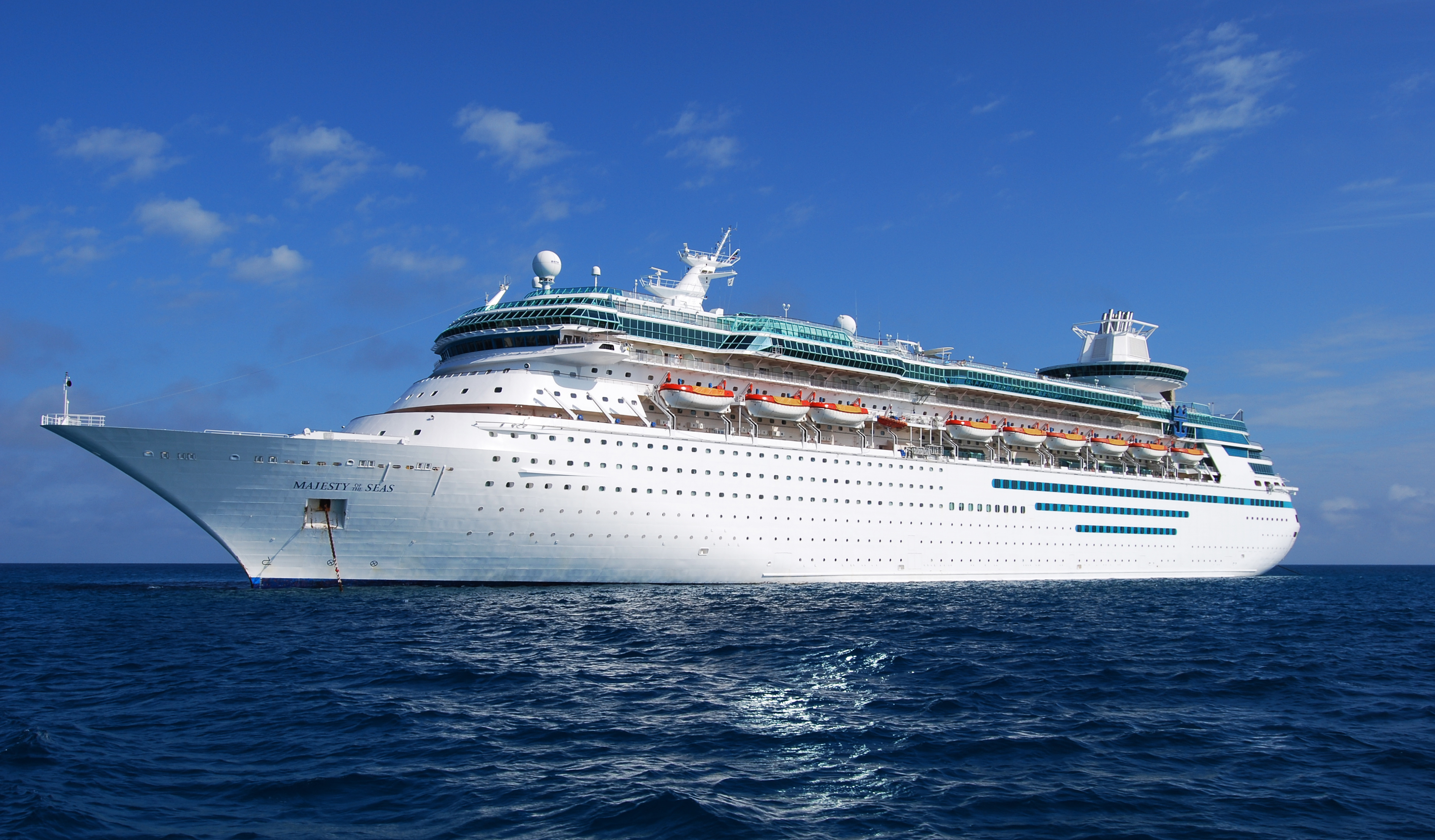from: Forbes.com
The cruise industry is big business and getting bigger, and passengers are increasingly making purchase decisions based on WiFi speed and, more poignantly, the cost of that WiFi.
In 2014 it was estimated by Statistica to be worth $37 billion, that’s almost 50% up from 2009. Furthermore, in 2015 it will be a $40 billion industry with more than 40% of this market coming from North America, and passengers are getting younger.
It is easy to see why people are moving towards the sea as a mode of travelling; air travel has been on the decline for decades. Unless people are travelling business class or above, what was once a service-driven industry is now a race to the bottom by airlines offering customers low fares and a barely endurable experience.
But what of the experience when wanting to go on a cruise and how it is when the ship finally disembarks? At present, not very good when trying to book a cruise and very expensive once on board, especially when it comes to internet connectivity. On many liners, prices are pay-as-you-go and cost almost a dollar per minute and even narrowband experiences can cost customers up to $100 per day.
For those who are embarking on their first cruise, it is a confusing experience. So-called experts offer a miasma of packages, discounts and deals that can make a grown human cry. Doing it by yourself is also a bewildering trip back in time with websites that resemble 1970s brochures.
But this industry is being disrupted like any other. Cruiseable is a platform where potential customers can look at crowdsourced reviews and tailor a cruise that suits them, instead of signing up to a package offered from the outdated models offered by travel agents.
This archaic model is replicated when it comes to WiFi connectivity and prices, on most cruises, it it like going back in time to dial-up speeds and prohibitive costs. Most Wi-Fi signals on board a cruise are generated via a satellite and the costs of using and operating such as system affects charges. A lot of cruise companies offer packages to keep costs down during the trip and it is crucial to research this when booking a cruise.
Things, however are slowly changing. Earlier this year, Carnival CCL -0.61% Cruises unveiled the industry’s first hybrid wireless network on-board named WiFi@Sea. Using a combination of strategically located land-based antennas installed along cruise routes, Wi-Fi from a port connection and advanced satellites, the company claims internet speeds 10 times faster than before.
Purple WiFi is a UK public hotspot system that harnesses the power of social media marketing and its CEO Gavin Wheeldon believes that the current prices of cruise liners can be cheaper and more targeted.
“It is more expensive to provide bandwidth in a maritime type of environment, which is typically done either with cellular networks or satellite, but not to the extent where it justifies exorbitant fees.
“I would suggest a fairer way would be to offer a capped speed for free to allow email, social media access and browsing while those wanting to use heavy bandwidth applications such as video could pay a premium. If the WiFi is not stable enough to use, it’s a missed commercial opportunity, as well being extremely frustrating for passengers,” he said.
Other approaches to bring down the cost of cruising WiFi prices is to offer faster speeds at the ports along the journey, an offering that would be attractive to those passengers who can forbear from accessing the internet.
But it appears that, like most of us, passengers now treat internet access as a utility and that isn’t just at home, on train or in the air, it also refers to the sea. Cruise liners will have to accept this is a service they need to supply… and a speed and price that their customers have come to expect elsewhere.

